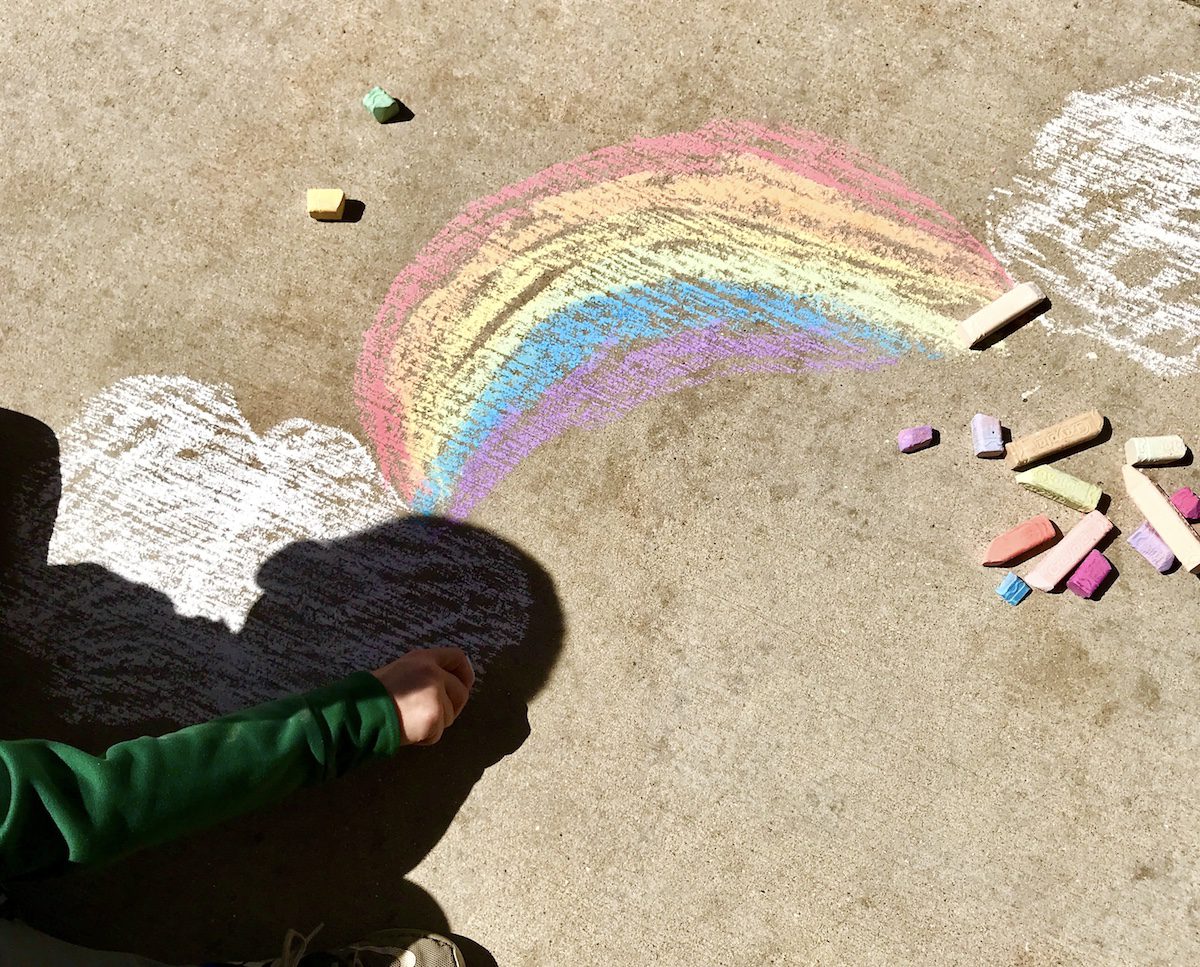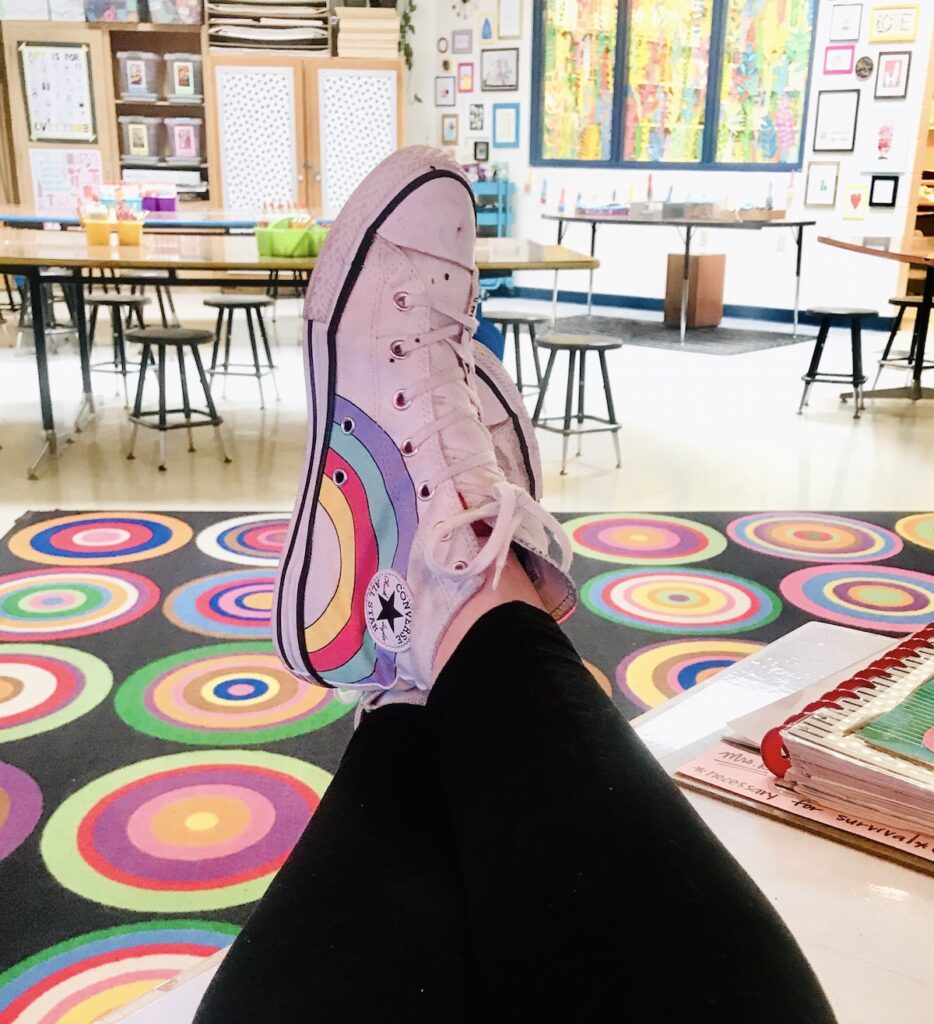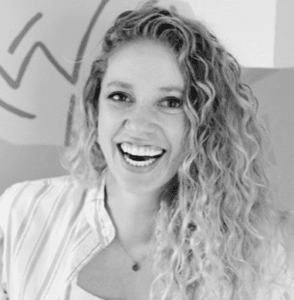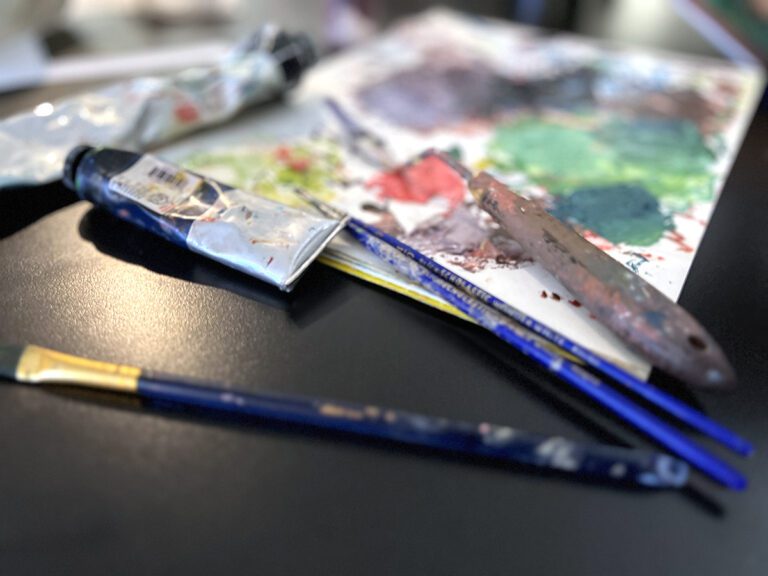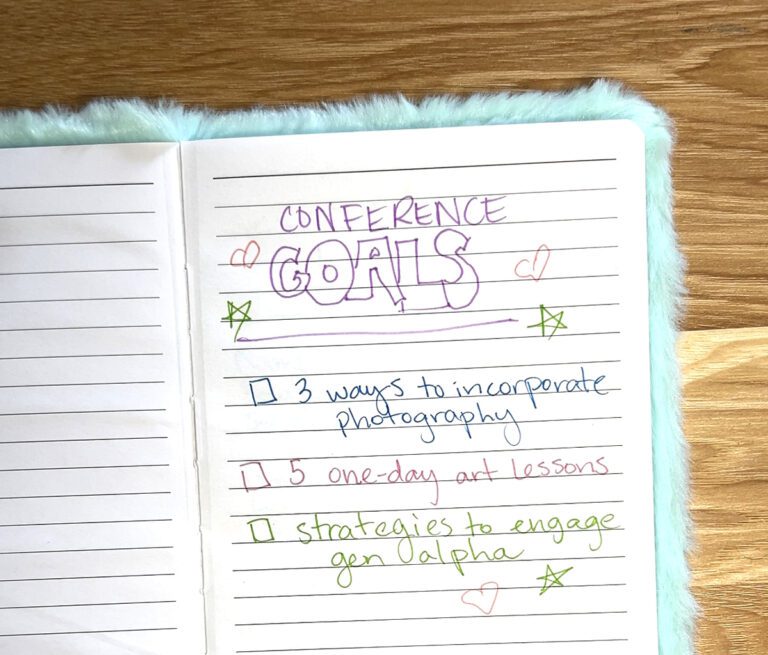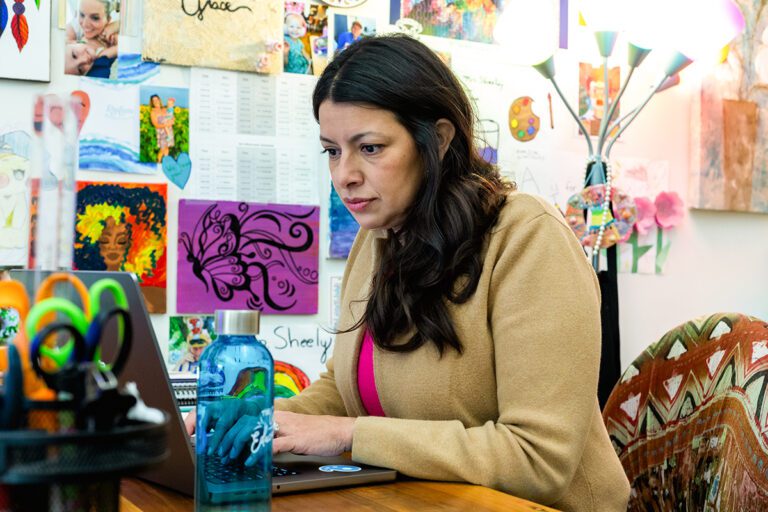Your mental health just might be the most important thing about you. It’s time to get past the belief that going to therapy means you are weak. In fact, it’s quite the opposite. Therapy is amazing. Yes! I said it! This sentiment doesn’t only ring true in your personal life. Therapy can also help you cope with the daily stressors you encounter every day in your classroom. Let’s take a look.
7 Benefits of Therapy
There are so many benefits to talking through things with a professional.
Here are seven of my favorites.
- It’s a safe space to say exactly what you mean and feel.
- It will remove stress from other relationships in your life.
- It will energize you so you can be the best version of yourself.
- It will help you focus your priorities and goals.
- It’s a place where you can talk about difficult topics like depression, anxiety, or addiction.
- It will help you learn techniques to help your students.
- It’s a space to learn and practice love and acceptance of yourself.
I don’t know about you, but all of those sound pretty darn good to me!
The Connection Between Therapy and School
We give our mental energy to our students every single day. We give and give until there is very little left for us. But, how do you maintain the mental toughness to wake up the next day and do it all over again?
In the article, The Science of Developing Mental Toughness in Your Health, Work, and Life, author James Clear points to the importance of mental health in daily living. He says, “In every area of life—from your education to your work to your health—it is your amount of grit, mental toughness, and perseverance that predicts your level of success more than any other factor we can find.”
Have you ever had a class or student that frustrates you to your core? Have you ever found yourself getting fed up with a coworker’s poor attitude? Do you continue to bombard your family and friends with negative problems from your day? Do you feel an overwhelming sense of comparison with other art teachers? Do you struggle with anxiety or depression, and your coping mechanisms are barely getting you by?
You are not alone. These are just a few things with which many people struggle. Therapy is a great solution to all of these issues.
Removing the Stigma
Let’s reflect. What kind of person are you? Are you an individual who goes to therapy and talks about it freely? Do you go but would be embarrassed if anyone found out? Maybe you’re somewhere in the middle, or maybe you’ve never even thought about going before.
Newsflash! You don’t need to have had a traumatic past or giant life event to benefit from therapy. It’s for everyone.
Whatever your thoughts are about therapy, evidence proves that it is beneficial. As Science Daily reports, “A new brain imaging study by psychologists reveals why verbalizing our feelings makes our sadness, anger, and pain less intense. A second study combines modern neuroscience with ancient Buddhist teachings to provide the first neural evidence for why ‘mindfulness’—the ability to live in the present moment, without distraction—seems to produce a variety of health benefits.”
That’s pretty great evidence! And how cool to think just talking about your feelings can lessen the burdens you feel in your day-to-day life.
The Importance of Seeking Out a Professional
If you’re thinking about talking to someone, it is important to find a professional who is trained to help. Don’t get me wrong; you can maintain strong communication with friends and loved ones. However, when it comes down to it, it is not their job to solve your problems. As you continue to practice open communication with your friends and family, they should be able to say, “I agree, that problem does seem overwhelming. I can offer my suggestions, but I also think this would be a great topic to ask your therapist.” That shouldn’t be a weird thing to say. Let’s work to make a statement like this normal and acceptable.
Therapy simply makes you a better person. It’s your time to focus on you and prevail in your circumstances.
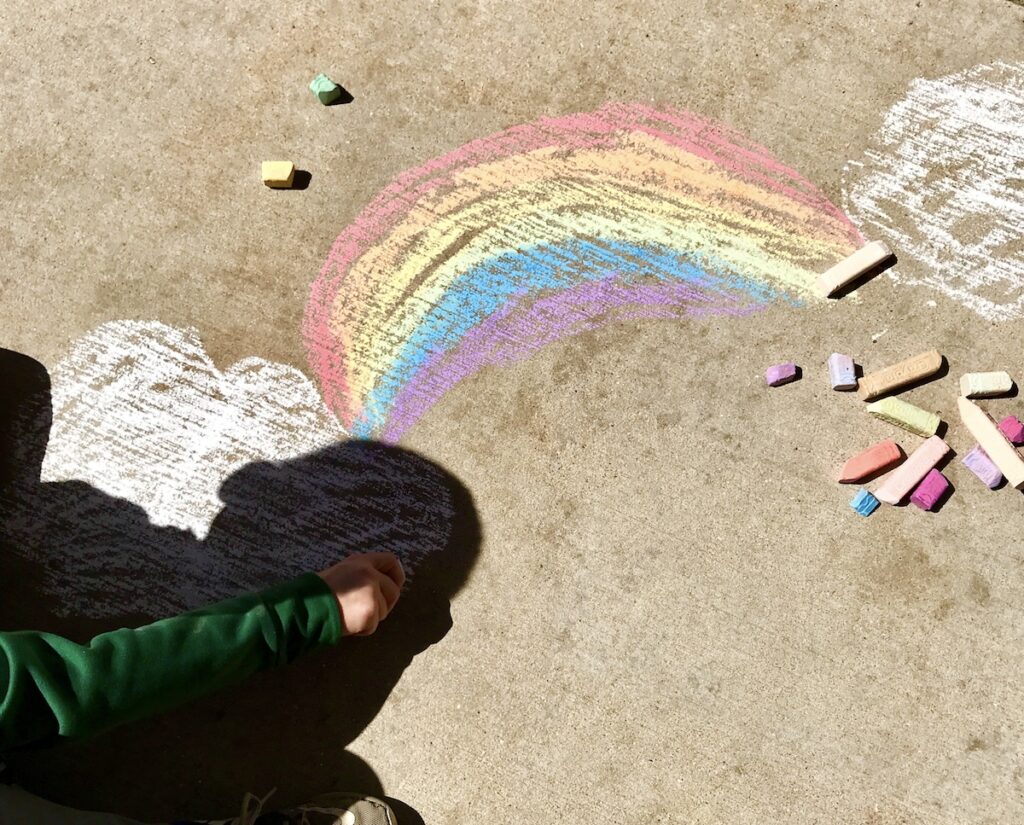
You Deserve to Feel Your Best
Envision yourself as a strong building. What makes up the foundation? Ideally, it’s your mental toughness and ability to problem solve your way through anything life throws at you.
Learning even a few new strategies or phrases can make or break your day. For example, take a moment and think about your morning routine. What are you thinking about on your commute to work? How do you feel about your to-do list? How do you prepare for your day?
I often find myself telling my students, “YOU decide what kind of day you have.” or “Every day is a new chance to start over and make it a great day.” I’d bet a lot of us tell our students things like these. We need to learn how to take our own advice!
Help Yourself to Better Help Others
Techniques and exercises from therapy sessions can easily spill over to help others. I have even found myself quoting my therapist during a dispute between students. Upon listening to two students arguing, I explained, “What you just heard was their perspective. It’s what they believe. That’s exactly what it is, their perspective.” Learning how to work through my own feelings makes it easier for me to help others. When you are stronger for yourself, you are stronger for others. Just as my therapist once told me, “If someone is drowning, you can’t dive in after them and drown, too. You have to be strong, stand on solid ground, and offer them a life preserver.”
Further Resources
If you’re looking for a place to start, I highly suggest following @notesfromyourtherapist on Instagram. It’s filled with golden words of wisdom from therapist, Allyson Dinneen. From there, branch out and explore what other accounts may provide you insight that resonates with you. There are many mindfulness apps to try, as well.
And, of course, if you feel like talking to someone might be a good thing to try, make sure you talk to your doctor to get the process started!
Remember, people, this is it. Your day-to-day experiences are what makes up your quality of life. Your mental health dictates your happiness. We owe it to our students—and most importantly to ourselves—to make it the best experience possible.
Can you see yourself benefiting from therapy?
How can we continue to break down the stigma surrounding therapy?
Magazine articles and podcasts are opinions of professional education contributors and do not necessarily represent the position of the Art of Education University (AOEU) or its academic offerings. Contributors use terms in the way they are most often talked about in the scope of their educational experiences.
